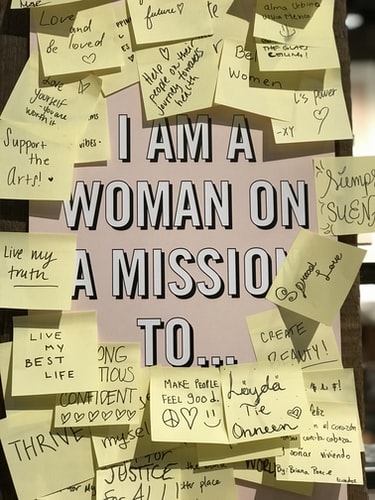The Discrimination Against Femininity

There is no shortage of derogatory words used against women; from whore to bitch, the list seems to remain significantly longer than the list of words meant to put down men. One word used to put down women that seems to fly under the radar is “bimbo.” According to dictionary.com, a bimbo is “an attractive but stupid young woman.”
People seem to use this term more loosely, calling blonde women who care about their appearance and are openly feminine bimbos to put them down. But why is it that being overtly feminine is a reason to be insulted?
Let’s use Elle Woods from the 2001 film Legally Blonde as an example. Because of her femininity and appearance, people were quick to underestimate her as a “dumb blonde.” However, throughout the movie she remains kind and doesn’t trade her feminine style and nature for success. Instead, she remains true to herself and what she wants to be throughout the entire movie.
An example that isn’t fictional, Paris Hilton, although typically not taken seriously, used her “dumb blonde” persona to amass fame and money for herself. She has written two books, one of which made it to the New York Times bestseller list; she has created a nightclub and perfume brand, and she even made money working as a DJ. Yet people are so willing to look past all of her accomplishments because of the persona.
All of the condescension and disdain towards women who express their femininity, support other women, and are pro-sex and body modification boils down to misogyny. Society does not consider femininity to be a positive trait; when girls are tomboys it’s a good thing, but when boys are feminine people are less enthusiastic.
However, I think that in recent years the negative stigma around femininity has seen a decrease. Makeup is no longer female-dominated; instead, we’re starting to see a rise in men making it in the industry. Gender-neutral brands and parenting styles are becoming more seen in our society, and younger generations are definitely more accepting of how people choose to express their gender. I think that as a society we are making steps in the right direction, and I certainly hope that future generations will follow in our footsteps.

Lindsay is a senior at Rocky and is passionate about video games and feminism. After high school, she plans to move to Los Angeles to attend college and...

